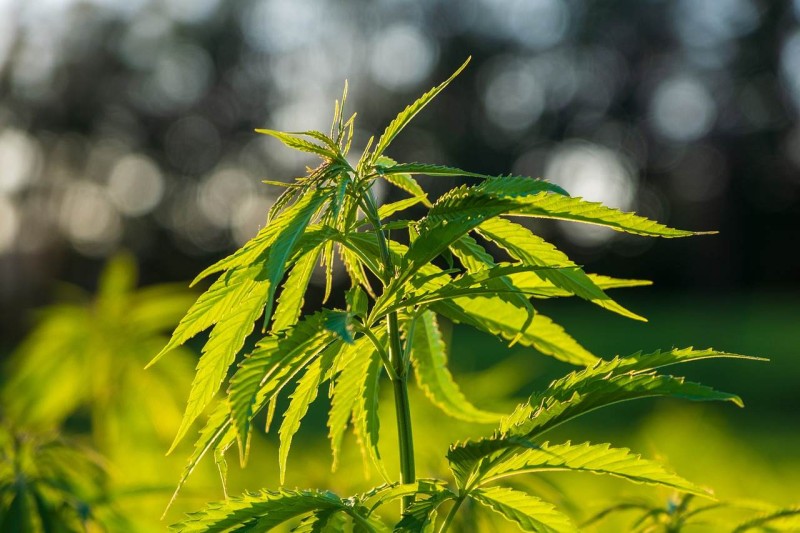Cannabidiol, or CBD, has a long history of use in traditional herbal medicine across a wide range of countries. The historical applications of CBD in traditional herbal medicine offer important insights into its possible therapeutic advantages, even though its uses and knowledge have evolved.
Here's an example of how CBD was applied in conventional herbal therapy and how it applies today: If you want a blog post on CBD, then you can choose our platform and you can post your blog on the CBD Guest Post category.
Ancient Knowledge: According to historical accounts, CBD and other chemicals found in cannabis plants were employed in traditional herbal treatment in ancient civilizations including China, India, and Egypt. These societies adopted the plant into their herbal practises after realising its potential health advantages.
Pain Relief and Relaxation: CBD-rich cannabis formulations have been utilised for their ability to reduce pain and promote relaxation in traditional herbal therapy. People were given CBD-infused infusions, beverages, and tinctures to help them manage their discomfort and encourage relaxation.
Support for the Digestive System: CBD-rich cannabis has been used on occasion to treat digestive problems. The plant's putative anti-inflammatory effects were used by traditional herbalists to relieve stomach discomfort and promote digestive health.
Anxiety and Mental Health: According to several historical customs, CBD-rich cannabis was employed to reduce anxiety and advance mental health. The plant's potential calming properties were tapped in order to ease emotional pain and promote relaxation.
Applications for CBD that Reduce Inflammation Traditional herbal medicine has long recognized CBD's potential anti-inflammatory qualities. To treat conditions connected to inflammation, preparations containing CBD-rich cannabis were occasionally used topically or consumed.
Cultural Beliefs and Practices: Cultural beliefs and practices frequently had an impact on how CBD was used in traditional herbal medicine. Communities prized the plant for its ability to treat a variety of illnesses and advance general wellness.
Modern Scientific Knowledge: Recent studies have provided insight into the mechanisms behind CBD's possible medicinal effects. The endocannabinoid system, a complex network of receptors in the body that regulates a number of physiological functions, including pain perception, inflammation, mood, and more, is how CBD interacts with the body.
The potential of CBD to address a range of health issues is still being investigated by contemporary herbalists and natural medicine practitioners. Oils, tinctures, pills, and topicals that contain CBD are now readily available and frequently used to promote pain relief, relaxation, and general well-being.
Collaboration and Caution: It's crucial to remember that, even if historical applications of CBD offer useful information, current scientific study is still in its early stages and that the effects of CBD can change depending on the individual. It is advised to speak with a licensed healthcare practitioner before adding CBD to your wellness routine, especially if you take medication or have underlying medical issues.
In conclusion, the historical uses of CBD in conventional herbal medicine provide a useful framework for understanding its potential advantages.
Modern research enables us to more clearly study the mechanisms of action of CBD and its potential medicinal applications, while traditional practises continue to contribute to our understanding.
The historical origins of CBD continue to have an impact on its current role in supporting holistic health and well-being as it becomes more and more popular in modern wellness practices.

